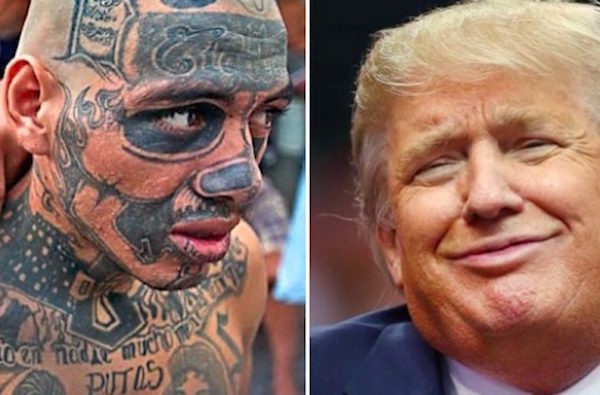
BEIJING (TIP): The US ambassador to China, who oversaw diplomatic dramas and gave refuge to a Chinese activist who escape from house arrest, is to resign, he said in a statement on November 20. Gary Locke, the first Chinese-American to hold the post, will step down early next year to “rejoin my family” in his hometown of Seattle, after two-and-a-half years of “immense and rewarding challenge”. Locke, whose grandfather immigrated to America from the southern province of Guangdong, arrived in Beijing in August 2011, standing out among the Western diplomatic corps because of his ethnicity. He quickly gained a reputation in China as a humble dignitary — in stark contrast to many Chinese officials — after being seen carrying his own luggage and travelling in a regular car.
In February 2012 a diplomatic drama erupted when senior Chinese official Wang Lijun fled to the US consulate in the southwestern city of Chengdu from his powerful boss Bo Xilai, then head of the nearby metropolis of Chongqing. Wang soon left the premises to be dealt with by Chinese authorities and was last year sentenced to 15 years in prison. A few months later, Locke handled a tougher diplomatic standoff when blind rights activist Chen Guangcheng escaped house arrest in the eastern province of Shandong and sought refuge at the US embassy in Beijing. After days of tense negotiations involving then US secretary of state Hillary Clinton, Chen and his family were allowed to go to the US.
The US ambassador garnered attention again in June 2013 by visiting Tibet, where rights groups complain of Chinese suppression of the ethnic minority, claims that Beijing denies. Authorities closed off the area in 2008 after deadly riots and Locke arrived amid a string of Tibetan self-immolations that have gathered pace since 2009 in the region and nearby provinces. In his brief statement, Locke mentioned visiting Tibet and meeting human rights lawyers as measures that “advanced American values”.
A former commerce secretary, he also touted his promotion of American businesses in China and Chinese investment in the US. China’s foreign ministry spokesman Hong Lei said that Locke had “made positive efforts to promote exchanges and cooperation between China and the US”. “We appreciate that,” he added. State department spokeswoman Jen Psaki praised Locke’s “successful tenure” and said he had “devoted enormous personal energy to opening Chinese markets to American companies, promoting Chinese tourism and business travel to the United States and advocating greater respect for human rights.”
She denied that his departure after only two and a half years in the job “reflects anything” about US-China ties, adding that the process would begin to find a “qualified and talented replacement.” Locke had replaced former envoy Jon Huntsman, a fluent Mandarin speaker, who spent less than two years in the post before leaving to launch an unsuccessful bid to be the 2012 Republican presidential nominee. On China’s popular microblog networks, which followed Locke’s tenure keenly, users expressed mixed views on his departure. “Farewell and don’t come again” said one poster, while another said: “He’s a good man.” Several cited Beijing’s notorious pollution as a possible reason for his departure, with one declaring: “Trust me, he’s leaving for the sake of his family’s health.”




Be the first to comment